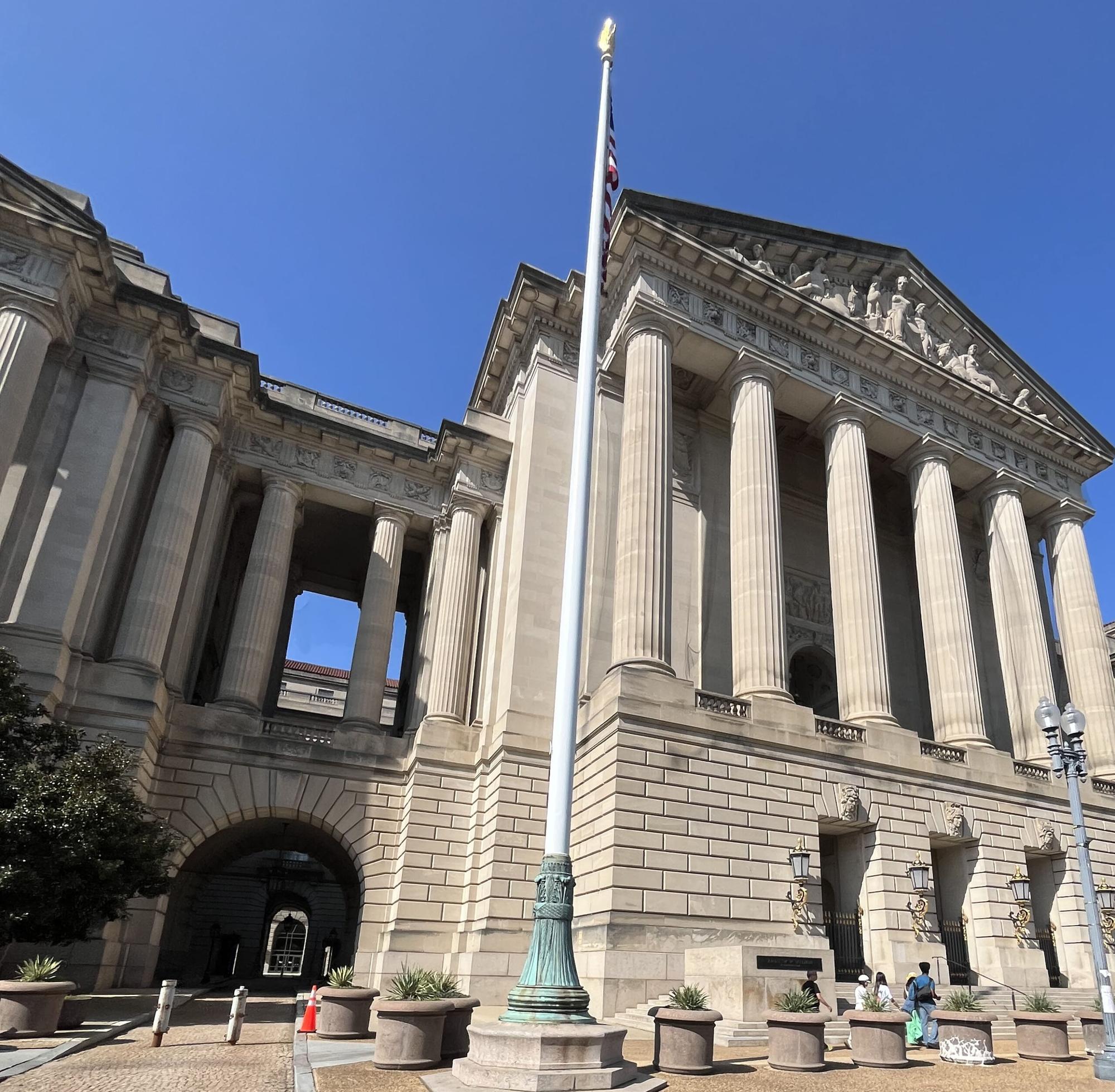Amid the ongoing evolution of cannabis regulations in the US., delivery logistics have surfaced as a critical issue demanding legislative oversight. With increasing consumer demand for cannabis delivery and the growing prevalence of third-party couriers, legislators are examining how to maintain transparency, accountability, and public safety. One solution being discussed at the state level is the implementation of universal tracking mandates for cannabis deliveries.
Why Universal Tracking Is Gaining Momentum
Unlike brick-and-mortar dispensaries, cannabis delivery introduces new risks—unverified drivers, route deviations, unauthorized stops, and the potential for product theft or diversion. In response, many states are considering legislation that would require universal tracking systems for every cannabis delivery vehicle, regardless of whether the operation is conducted in-house or via a third-party vendor.
Universal tracking would allow regulators to monitor delivery routes in real-time, confirm delivery drop-offs, and generate historical data logs that can be reviewed during audits. This level of oversight can increase consumer trust, protect drivers, and help businesses remain compliant with state regulations.
States Already Leading the Way
Some states, like California and Massachusetts, have implemented strict cannabis tracking systems that extend into the delivery process. In California, delivery vehicles must be equipped with GPS and maintain digital trip manifests. Massachusetts has gone further by requiring all cannabis transporters to report detailed delivery manifests to the state’s Cannabis Control Commission (CCC) and retain real-time vehicle tracking logs.
These models offer a legislative framework that other states can replicate. Universal tracking ensures that cannabis doesn’t disappear during transit and that operators are held accountable to safety and compliance standards.
Proposed Legislative Models
Legislation that mandates universal delivery tracking could take several forms:
- Statewide Integration with METRC or BioTrack: Lawmakers may propose real-time GPS tracking integration into existing seed-to-sale platforms. By syncing delivery data with product movement, regulators can track cannabis from cultivation to consumer.
- Mandatory Use of Certified Tracking Software: States might issue a list of approved software vendors that meet specific security, encryption, and compliance standards. This would level the playing field and simplify auditing.
- Daily Reporting Requirements: To bolster transparency, some bills may include requirements for daily or real-time data submission of delivery activity, including driver identity, route history, delivery times, and customer verification logs.
- Data Privacy Provisions: Given increasing scrutiny on tech privacy, legislation would also need to address how delivery data is stored, encrypted, and accessed. Ensuring consumer anonymity while maintaining state oversight would be a key balance.
Potential Benefits
Mandating universal delivery tracking would bring uniformity to an otherwise fragmented system. It would help states crack down on illegal market activity by ensuring that only verified, compliant deliveries occur. From a public safety standpoint, it allows law enforcement to investigate discrepancies, thefts, or diversion incidents more effectively.
Additionally, businesses could use tracking data to optimize routes, improve driver performance, and lower liability risk. For consumers, delivery tracking adds a layer of professionalism and transparency that could mirror trusted services like Uber Eats or Amazon.
Challenges to Adoption
Despite its advantages, universal tracking mandates may face resistance. Smaller businesses could argue that compliance costs are too high, while privacy advocates may raise concerns over state access to sensitive delivery data. Legislators will need to strike a balance between enforcing security and avoiding burdensome regulation.
As cannabis delivery becomes a permanent fixture in the industry, lawmakers have a rare opportunity to standardize safety and compliance through legislation. Universal tracking, if implemented wisely, could future-proof delivery operations while fostering trust among consumers, regulators, and operators alike.




